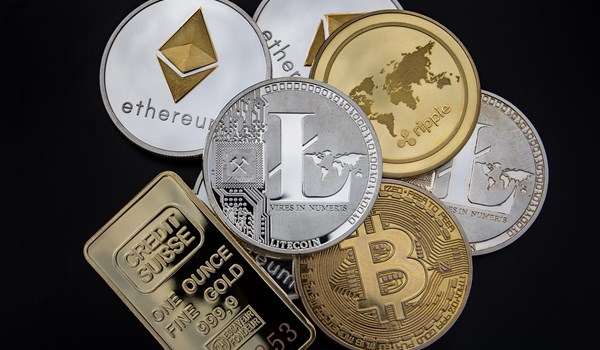Austria aims to agree within weeks to give other European Union countries access to foreigners’ bank account details, Chancellor Werner Faymann said on Saturday, allowing the bloc to begin talks over bank secrecy with non-EU states such as Switzerland.
Faymann said he hoped for a deal before a May 22 EU summit that will discuss ways to curb tax dodging that costs members about 1 trillion euros ($1.30 trillion) a year in lost income. EU leaders have pushed Austria for a deal before the meeting.
“We want to achieve a result for an exchange of data in the interest of fighting fraud in Europe,” Faymann said in an interview aired by broadcaster ORF, playing down the potential impact of data swaps on Austria’s banking sector.

“The biggest economic damage would be if we got the reputation of protecting frauds. Austrians don’t find this necessary and I have spoken with bank managers who also don’t find it necessary,” he said. Austria, the last EU holdout on bank secrecy, said on Friday it was ready for talks as long as banking secrecy for Austrians is preserved, and detailed its three main concerns. Vienna had been isolated on this after Luxembourg changed tack this month. Austrian banks at times use banking secrecy as a marketing tool, but foreign deposits do not play as much of a role as they do in major offshore centers such as Cyprus and Luxembourg. EU citizens have about 35 billion euros ($46 billion) in Austrian deposits, a tenth of the total, while foreigners have 53 billion euros in banks in Austria, the central bank says.
Austria now has banks withhold tax on EU citizens’ interest income and returns the money anonymously to home countries.
NO BLACKMAIL
After weeks of wrangling, Faymann’s center-left Social Democrats and their center-right People’s Party coalition partners have laid out priorities for EU talks on an accord starting next week. Finance Minister Maria Fekter, who had taken the hardest line in defense of Austrian banking secrecy, said she supported the joint position, which cites three points of “decisive relevance” for Austria. Vienna wants negotiations to require an exchange of bank account data at least in line with Organisation for Economic Cooperation and Development (OECD) standards, reveal owners of trusts and mailbox companies, and take into account bilateral tax deals it already struck with Switzerland and Liechtenstein. Those accords preserve bank secrecy and are set to bring in more than 1 billion euros from mid-2013 from accounts Austrians hold across the borders.
Faymann made a point of saying Austria’s concerns were just that, and not conditions for a deal.
“We don’t need to blackmail anyone. We ourselves want the exchange of data to make it easier to fight fraud,” he said.
“Our own banking secrecy is not affected. Prosecuting international fraud will be fully supported, and English trusts and the Channel Islands will also come into play.”

Fekter has campaigned to have tax talks include not just bank accounts, but also trusts and other investment vehicles designed to cloak investors’ identities. She has urged Britain and the United States to crack down on money laundering and “tax havens” in their own backyards.
A European Commission spokeswoman gave a cautious welcome to Austria’s new position, which it had not yet seen officially.
“If Austria is willing to back the mandate to negotiate a stronger EU-Swiss agreement, then this would be very good news,” she said.





